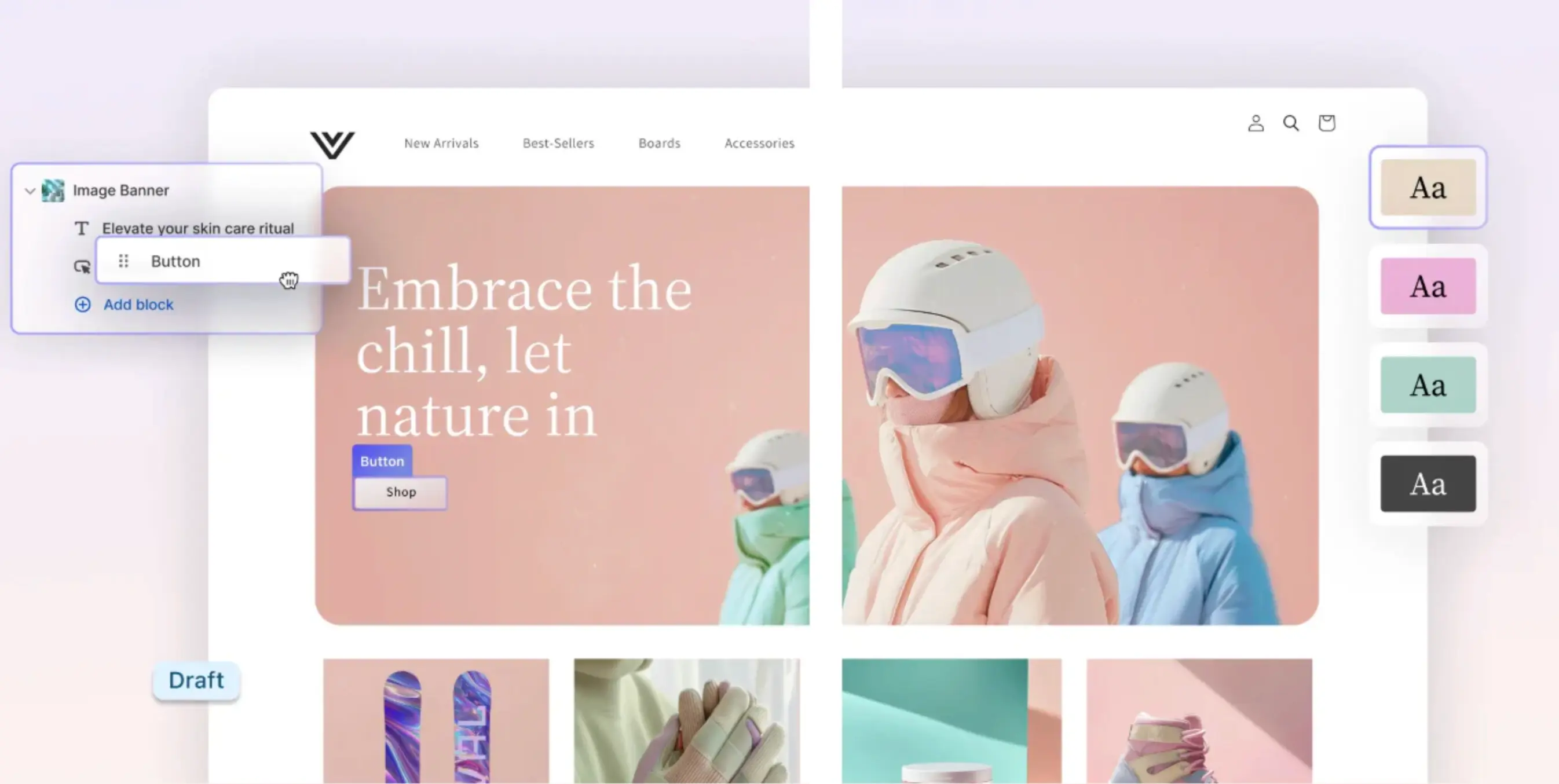Is it Worth Taking a Loan to Develop Your App or Game?
Updated on
Published on
.avif)
Developing a successful app or game takes significant upfront investment. With development costs often ranging from 50,000 to well over 250,000, funding these projects is no small feat - especially for first-time founders or bootstrapped startups. This leads many entrepreneurs to consider financing app and game development through loans. But is taking on debt wise? Or necessary? Let’s weigh the pros and cons.

The Potential Benefits
Securing a business loan to fund, for example, Java development outsourcing offers some advantages:
1. Access Capital to Get Started
The most obvious benefit is accessing the capital needed to turn an app or game idea into reality. A Clutch survey of app development companies indicated a median price of $10,000 - $49,999 per mobile app.
But if it's a complex AAA game, the amounts can go beyond $200,000. Loans allow entrepreneurs to move forward despite limited personal capital.
2. Retain Full Ownership and Control
Unlike raising venture capital or money from angel investors, loans don’t require giving up any ownership stake, equity, or voting shares of your company. This means you maintain complete creative control and flexibility to build the app or game exactly as you envision it, without any interference from investors or their input on certain business or product decisions.
Having full ownership also means you alone reap all the financial and intrinsic rewards if your app succeeds - the upside is all yours rather than being shared with other shareholders.
3. Build Business Credit History
Managing payments and meeting repayment obligations on startup loans helps establish business credit history - which makes securing funding easier in the future.
Lenders and investors view businesses with an established track record of loans taken and repaid responsibly much more favorably than brand new startups. This business credit goes a long way in qualifying for future lines of credit, favorable interest rates, and flexible repayment terms.
4. Potentially Deduct Interest Expenses
Any interest paid on a loan taken out to develop or monetize an app or game may qualify as tax deductible business interest expenses. This can provide significant tax savings each year which positively impacts your bottom line. For profitable companies, reducing taxable income via deducting interest owed can yield big financial benefits. Even most personal guarantees require owners to make interest payments on startup loans usually allow deducting that interest on personal tax returns.
In essence, the IRS provides financial subsidies by letting app developers cut their tax bills through loan interest - making the true cost of financing lower than it appears.
The Risks and Downsides
However, accepting loans for app and game projects isn’t without risk. Consider these downsides before borrowing:
1. Debt Accumulation in a Risky Industry
The average revenue per user (ARPU) for mobile games in the US is $57. It is predicted to reach $64 by 2027. And this is despite the fact that these figures include all types of games, even RPGs, strategies or puzzles (and these are the most popular genres that bring in large revenues). With such low, taking on large loans to fund development is extremely risky.
If your game or app doesn’t gain traction quickly and start making strong money, the debt from loans can snowball rapidly. Interest, late fees, and numerous other charges can accumulate. Before you even realize it, the amount owed can spiral out of control.
Many developers spend years simply trying to get out of crushing debt rather than building new products. Don’t let this happen to you - be extremely cautious before taking out loans in such an uncertain industry.
2. Inflexibility in Repayment Terms
While specific terms vary between lenders, most standard bank loans distribute funds upfront but require repayments in set installments over 3-5 years. This significantly reduces flexibility compared to funding development through revenue or equity financing rounds.
You have to start making payments usually within 12 months regardless of how well your app performs. Even if you pivot to a new idea or strategy that requires more time to monetize, those fixed debt obligations remain.
This inability to align repayment schedules with the realities of your business limits adaptability.
3. High Interest Rates
Given the risk profile of early-stage startups, specialized loans often charge higher interest rates - sometimes well above 10-15%. The exact rate depends on factors like your personal credit score, assets, existing debts etc.
And if you miss payments or default, steep late fees, penalties, and default interest rates apply on top of the amounts owed. Unchecked, interest costs alone can cause repayment amounts to stack up substantially.
4. Time-Consuming Application and Approval Process
Getting approved for a sizable startup loan rarely proves quick or straightforward. Even with strong credentials and credit history, the application procedure usually requires extensive paperwork including long-term projections.
Gathering all this supporting documentation is immensely time-consuming. And if any aspect of your application falls short, getting re-evaluated and addressing concerns also causes delays.
From initial application to securing funds can often eat up 6+ months - time startups can scarcely afford to waste.
5. Personal Assets May Be Impacted
If your startup fails to generate revenue to meet loan repayment obligations, most standard lenders can pursue legal action to get their money back. And if the company itself has no assets to liquidate, they can come after personal assets.
Your own home, car, stocks, retirement accounts, personal bank accounts - nothing is necessarily safe. While rules vary based on loan type and jurisdiction, personal bankruptcy is a real possibility even if your business goes under.
This means entrepreneurs have to be willing to put their entire financial lives at risk when taking out loans for their apps or games. Don't enter such arrangements lightly without planning for worst case scenarios.
Key Factors to Consider
Determining if securing a loan makes strategic sense depends largely on your situation and development plans. Here are some key points to analyze:
Core App or Game Genre and Scope
What type of app or game do you want to build? And how extensive is the planned feature set? Complex games with intricate gameplay and graphics or multi-platform enterprise apps carry higher risk and development costs versus a simple puzzle game or basic productivity tool. Make sure to develop realistic cost estimates.
Monetization and Revenue Projections
Carefully assess your potential monetization strategies. Analyze the app or game category landscape to derive realistic download, retention, and revenue projections used to model loan repayment - with contingency buffers. Don’t rely solely on best-case scenarios.
Current Financial Status and Credit Profile
Your personal or business financial track record also influences loan options and terms. Those with strong credit history and existing capital resources typically gain access to more favorable interest rates and flexible repayment schedules.

Skill Level of Development Team
The capabilities and track record of your app or game development team also impact the likelihood of success. Evaluating technical competency reduces execution risk.
Conclusion
Accepting a loan to fund app or game development brings hazards - but also offers real benefits for entrepreneurs lacking personal capital. Striking the right balance requires carefully weighing personal risk tolerance, capital needs, and the app’s revenue potential. Proper planning and realistic forecasting also helps mitigate downside dangers of debt accumulation.









